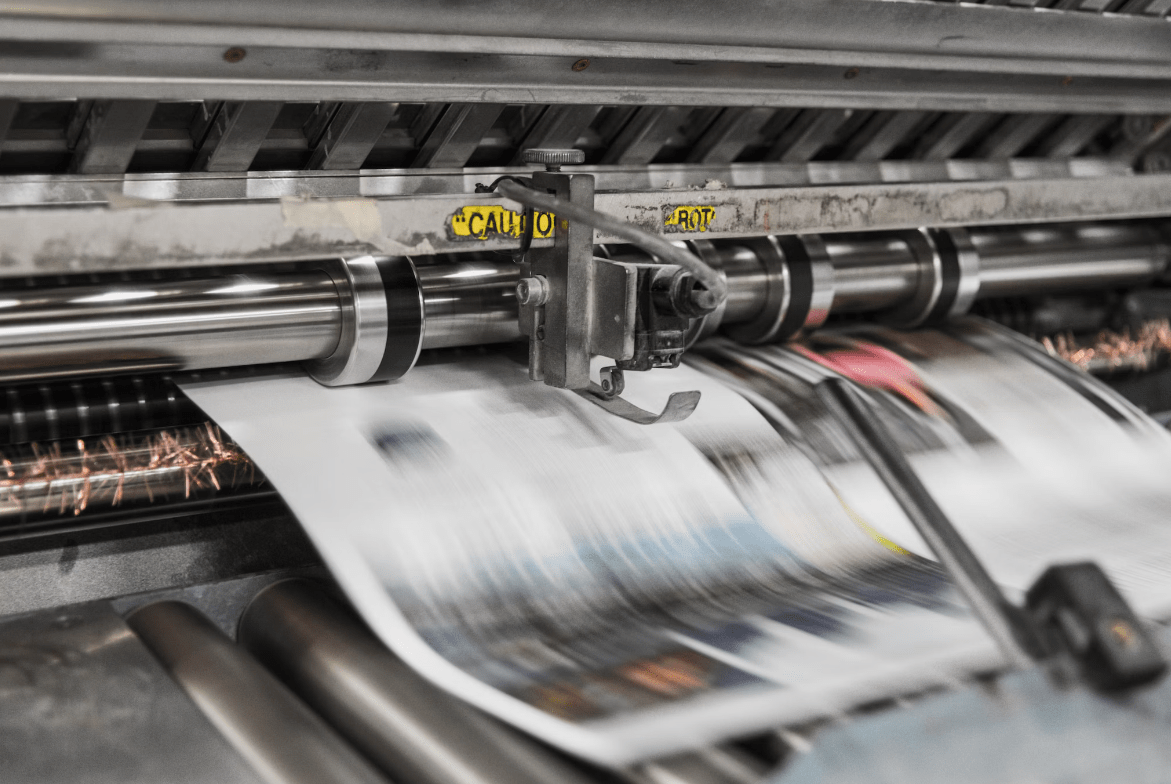Promoting the role of African women journalists in reporting on underreported and underrepresented communities.
The Africa Women Journalism Project (AWJP) was set up with the support of the International Center For Journalists (ICFJ) by ICFJ Knight Fellow Catherine Gicheru in July 2020 at the height of the Covid-19 pandemic.
Due to the gender gap In African newsrooms, the focus of the program’s first fellowship was to highlight the varying impacts that the Covid-19 pandemic has on vulnerable communities, including women and girls who already face socio-economic disparities that are amplified by this unprecedented health crisis.
On this first fellowship that run through to January 2021, the AWJP Team worked with 19 journalists from 5 African countries — Uganda, Ghana, Kenya, Nigeria and Tanzania — to ensure that the women journalists in AWJP’s inaugural fellowship received the support they needed to:
Undertake data-driven, collaborative reporting projects that focus on the impact of COVID-19 on the health, physical safety, economic, sanitary, and cultural wellbeing of vulnerable communities, including women and girls.
Expose under-reported issues with critical gender and social justice angles
Access virtual skills training (webinars), develop expertise and strengthen the voices of women journalists in the newsroom and also in setting the news agenda.
Expanding AWJP’s work and focus
The stories that the first cohort of AWJP Fellows produced had great impact — not only for the Fellows themselves, but also on society. Beryl Richter’s story about the effect of the pandemic on women living with fistula in Ghana prompted people to offer mutual support to women in their communities. At the height of the pandemic Africa’s open air markets were highlighted as potential areas of community spread by health officials. Nigerian fellows Suen Durojaiye and Kenyan Fellow produced a transnational story published in Kenya and Nigeria that shone the light on the economic and community role of the markets. We want to expand that kind of work and impact by the AWJP team and Fellows.
A 2018 report by the Center for International Media Assistance estimated that 600 million USD is spent on media development in Africa. This is due to a limited potential for independent “watchdog” journalism and familiar business models in Africa collapsing in the last decades with more access to “free” news online. There is also a greater understanding of the role of independent media in localising global goals like the SDGs at the grassroots level.
However most journalism funding is supply driven (meeting the needs of the donor) and interventions can be ad hoc and lack coordination, as the 2018 CIMA report highlights. The report recommended making media development support more effective by:
- Moving from supply-driven initiatives to demand-driven initiatives that also meet the needs of journalists and newsrooms on the continent.
- Having better coordinated initiatives that are longer term and strategic rather than output-focused initiatives
- Designing programs and projects that integrate broader governance strategies,eliminating silos and duplicated efforts.
- Understanding that Africa is not a country and projects need to be contextual and tailored to each country’s or community’s needs.
As AWJP, we have taken this into account with the fellowships that we design. We work to ensure that there is value for the women journalists, by giving them support, mentorship and training that will help grow their careers beyond just expecting stories from them. We are also hoping to create interventions that will change newsroom cultures in the long term by centering sustainability in the initiatives that partner newsrooms and funders are looking into.
We work with funders, to ensure that clear outcomes and outputs are set up, and that there are mid and long term goals that will allow for the growth of independent, evidence based public service journalism on the continent that centers women’s voices and representation.
Where are we now?
Building off the successes of the first fellowship, AWJP’s core mandate is to support women journalists in Africa with training, mentorship and grants structured to improve and produce more nuanced evidence-based journalism in underreported issues, and highlighting the plight of marginalised groups as the continent continues to deal with the continued effects of the pandemic.
AWJP/Ford Foundation office in West Africa.
We are in the close-out phase of an 18-month fellowship and newsroom programme supported by the Ford Foundation office in West Africa which has been focusing on under-explored issues around gender-based violence. We have been working with 12 women journalists from Nigeria, Ghana and Senegal competitively shortlisted from stories produced from an initial group of 60 women journalists with training and support.
The journalists have continued to produce in-depth narratives on gender-based violence, with our support and in partnership with their newsrooms, a few of the fellows have started special radio programmes and or features, one of the newsrooms has established a gender desk while other fellows are engaged in peer-to-peer training activities to share the skills they have learnt with colleagues in their newsrooms. We are also in the process of finalising a collaborative investigative reporting project involving the Fellows from the three countries.
– AWJP + ONE Aftershocks Data Fellowship
This fellowship is built around ONE Campaign’s Aftershocks newsletter which was created to highlight ONE’s Covid-19 Africa Tracker. The tracker was created to monitor the impact of Covid-19 on health systems, economic stability, food security, education and governance across Africa.
The fellows from Kenya, Uganda, Tanzania, Nigeria, Ghana and South Africa supported by the AWJP team worked on stories that turned data insights into explaining some of the policy changes needed and educated citizens on the numbers that affect their lives.
We are in the second iteration of the Aftershocks Data Fellowship which will help accelerate action towards gender equality for resilient and inclusive development. The fellowship will further advance gender equity in the newsrooms which have been historically dominated by men worldwide, and amplify many dimensions of the pandemic, climate and other crises that have differential impacts on women than men.
– AWJP/ Article-19 + Meedan Health Misinfo Fellowship
Africa has seen a significant amount of false information around the Covid-19 pandemic and this is leading to a loss of trust in the institutions and authorities tasked with responding to the pandemic.
This fellowship was part of the Together for Reliable Information project funded by the European Union and supported by Article-19. It featured training sessions from Meedan to ensure that the fellows understood and were able to identify health misinfo and learnt skills to enhance fact checking capacity in their newsrooms.

